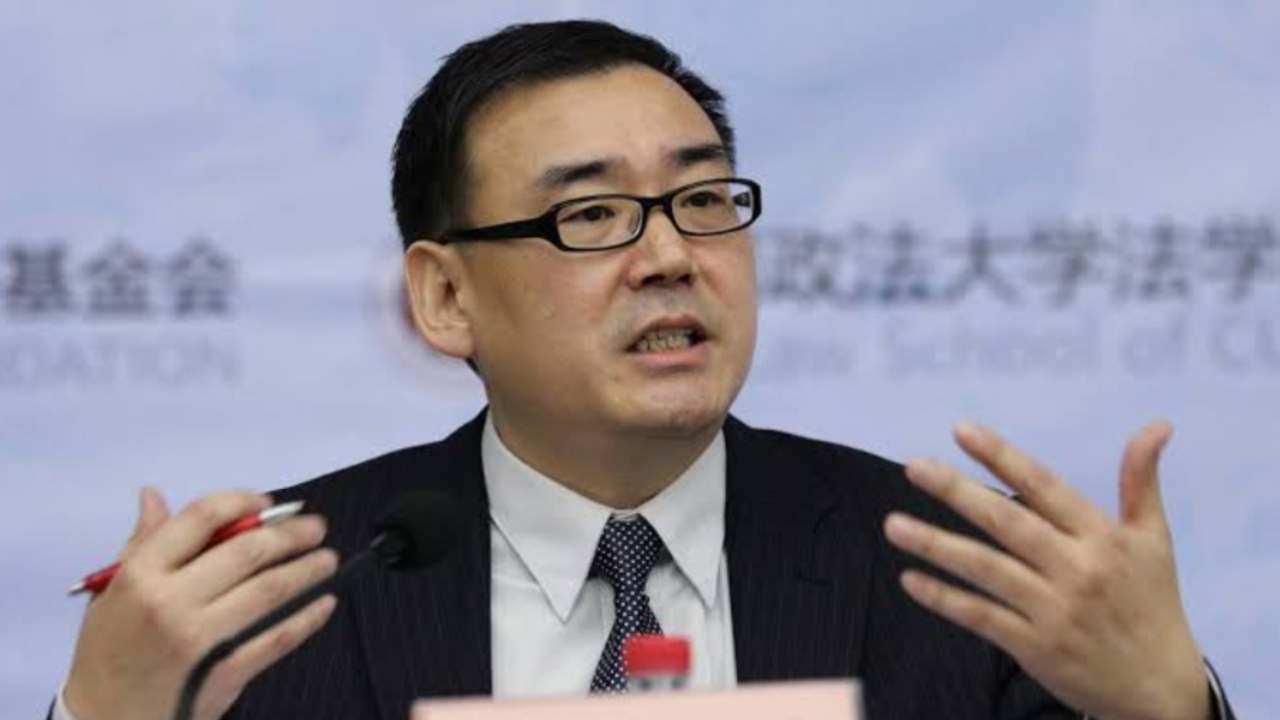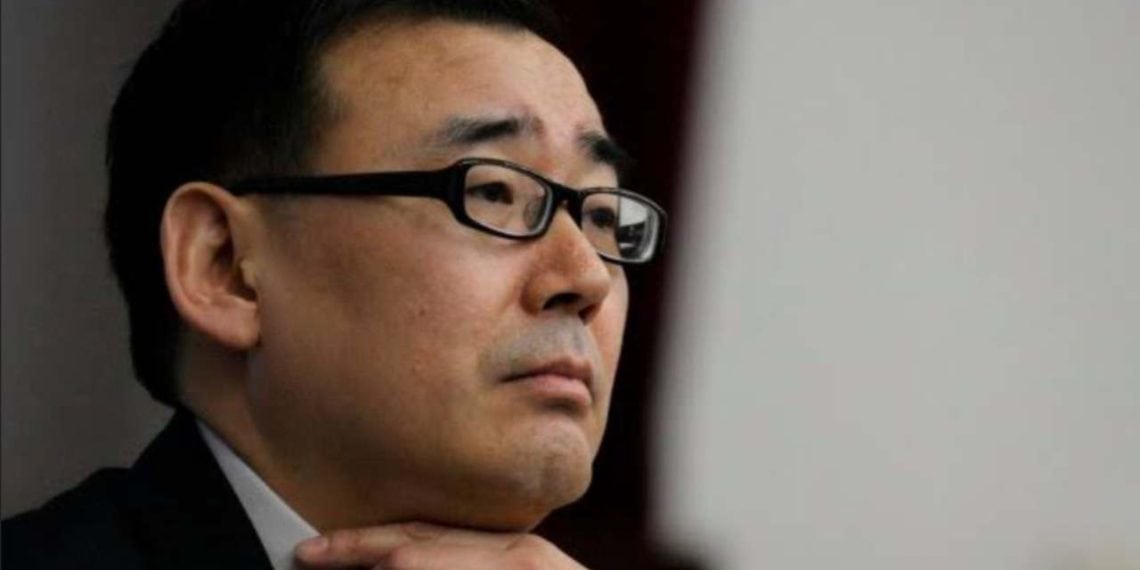Australian writer Yang Hengjun was given a suspended death sentence by a Beijing court on Monday, marking the culmination of a five-year detention in China and a three-year closed-door trial on espionage charges.
Yang Hengjun, an Australian citizen and pro-democracy blogger born in China, faced a suspended death sentence. Arrested at Guangzhou airport in 2019 while working in New York, he was accused of spying for an undisclosed country, with details of the case remaining undisclosed.
Scholar Feng Chongyi from Sydney mentioned that Yang Hengjun received a suspended death sentence on Monday, converting to life imprisonment after two years. Feng deemed it a “serious case of injustice,” emphasizing Yang’s denial of charges. He urged the Australian government to pursue medical parole for Yang, a sentiment echoed by another human rights lawyer in Beijing who confirmed Yang’s sentence.
The anonymous lawyer confirmed, “He was found guilty of all charges,” highlighting the sensitivity of the matter.
Australia expresses being “appalled” by the court’s decision, with Foreign Minister Penny Wong revealing that they have summoned China’s ambassador. Wong explained in a statement that the Australian government acknowledges the possibility of the sentence being commuted to life imprisonment after two years, contingent on the individual avoiding serious crimes during that period.
“This is harrowing news for Dr Yang, his family, and all who have supported him,” she said.
A family spokesman in Sydney conveyed that Yang’s family is “shocked and devastated” by the news, describing it as beyond their worst expectations. Australia, troubled by repeated case delays, had advocated for Yang’s well-being, emphasizing access to medical treatment at the highest levels.
The Chinese foreign ministry has not responded to a Reuters request for comment. Yang’s trial, held in secret in May 2021 in a Beijing court, remains undisclosed, and he has consistently denied espionage allegations for Australia or the United States. Known for blogging about Chinese and U.S. politics, Yang, before his detention, was a high-profile writer of spy novels.
Yang’s two sons, residing in Australia, penned a letter to Prime Minister Anthony Albanese in October, just before his Beijing visit, urging him to pursue their father’s release on medical grounds.
“The verdict casts a shadow over bilateral ties and will for some time, as it acts as a potent reminder of the opacity of the Chinese system and its imperviousness to reasonable foreign complaints,” said Richard McGregor, senior fellow at the Lowy Institute in Sydney.

Supporters contend that Yang should be granted medical parole, citing a 10 cm (4 inch) cyst on his kidney, revealed to him last year, potentially necessitating surgery.
Yang’s detention coincided with the deterioration of Australia-China ties in 2019. Optimism for his release had been kindled by the freeing of Australian broadcaster Cheng Lei shortly before Prime Minister Albanese visited China last year.
James Laurenceson, Director of the Australia-China Relations Institute at the University of Technology, Sydney, remarked that while Beijing expressed interest in improving relations with Australia, Yang’s sentence would complicate efforts to thaw tensions.
“This decision makes it extremely difficult for the Albanese government to do so in terms of managing the domestic politics. The strong language already used by foreign minister makes plain their disappointment,” he said.





